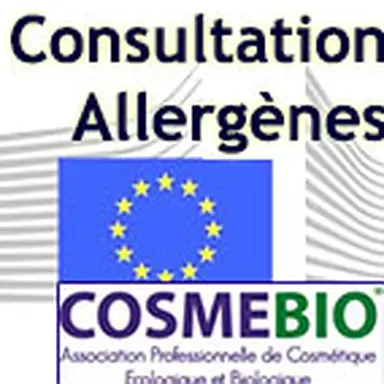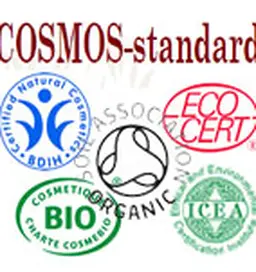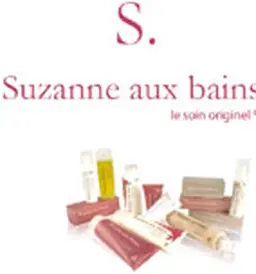
The public consultation launched by the European Commission on perfume allergens in cosmetic products, in preparation for the stricter regulations that should be applied to them in the future, has caused, as they say, buzz, and raised some questions and concerns. One of them focuses on the impact this measure will have on organic cosmetics, a major user of essential oils that carry this type of allergen. A question that is not relevant, according to the association Cosmébio, which wanted to take stock on this subject.
On February 14, the European Commission opened a 3-month public consultation on fragrance allergens. This is the last step before the adoption of its proposals concerning the future regulation of these ingredients: because of their allergenic potential, some of them should be banned in cosmetic products, others limited in concentrations, others (the most numerous) subject to mandatory labelling as soon as their presence in the product exceeds a certain threshold. See on this subject the articles : • •
Following the questions raised by this consultation, the Cosmébio Ecological and Organic Cosmetics Association was alarmed by the underlying amalgam between organic and allergenic cosmetics, and published this press release.
Cosmébio Press Release
The European Commission has just published its proposals on consumer protection against potentially allergenic substances, particularly in perfumes: some substances will be banned and others, more numerous, will have to be mentioned on labels, as 26 of them already were.
Some have thought it appropriate to draw the conclusion that organic cosmetics would be the most affected by this new provision on the pretext that it sometimes uses natural essential oils to perfume its compositions. This hasty conclusion takes over from the rumour - without foundation - that organic products are potentially more allergenic than conventional products because of their supposed scouring use of essential oils. On the contrary, it should be stressed that the three molecules proposed for ban (atranol and chloroatranol from oak and tree mosses and HICC) have never been present as such in organic formulas because their current extraction/synthesis methods have been prohibited by the ecological and organic cosmetics standards since their origin.
More likely it is the historical luxury brands that will be most affected by this ban because of the complexity of their fragrance compositions.
Certified natural and organic cosmetics meet consumers' expectations for ever safer products. Cosmébio therefore welcomes this proposal to amend the European Cosmetics Regulation (EC N°1223/2009). The association will participate in the public consultation to express its reservations, in particular on the issue of labelling and the resulting"illegibility" for the consumer.













